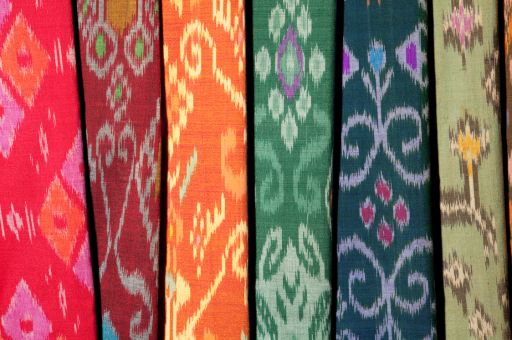The Inca Town Council launched a new textile and shoe collection service to encourage recycling, reduce waste and promote social and labour insertion
The Inca Town Council has launched a new selective textile collection service in the municipality. This initiative is in compliance with Law 8/2019, on waste and contaminated soils of the Balearic Islands, which establishes the obligation for public administrations to have efficient selective collection systems, as well as for textile waste.
“With this new service, we are taking another step towards a more sustainable city model committed to social justice. In Inca, we are very clear that caring for the planet begins with small, everyday actions. Separating and reusing textiles is not only a legal obligation, but a collective responsibility to protect and improve our environment,” explains the councillor.
TDB keeps you informed. Follow us on: Facebook, Twitter and Instagram
Inca promotes the selective collection of textiles with a new door-to-door service
The collection is carried out door to door, in the urban area, on the first and third Monday of each month. Those interested in requesting the service can call the free phone number 900 747 295, from 9 am to 2 pm. Users must leave their clothes, shoes and household textiles in a bag or box next to their door before 8 am. Residents of the rural area can deposit this waste at the municipal clean point.
The service, which operates on demand, is managed by Herramientas x Inserción, a labour insertion company promoted by Cáritas Mallorca and Deixalles that offers job opportunities to people at risk of social exclusion.
The textile industry is one of the most polluting industries in the world and fast fashion has caused an exponential increase in waste. According to data from the Consell de Mallorca, in 2023 the Inca Town Council paid more than 200,000 euros for incinerating textiles that were incorrectly thrown into the rejection fraction.
Thus, with this new service, a significant improvement in the management of this waste is foreseen. Currently, 57% of the textiles collected can be reused, 36% are recycled into new materials and only 7% require energy recovery or disposal.
